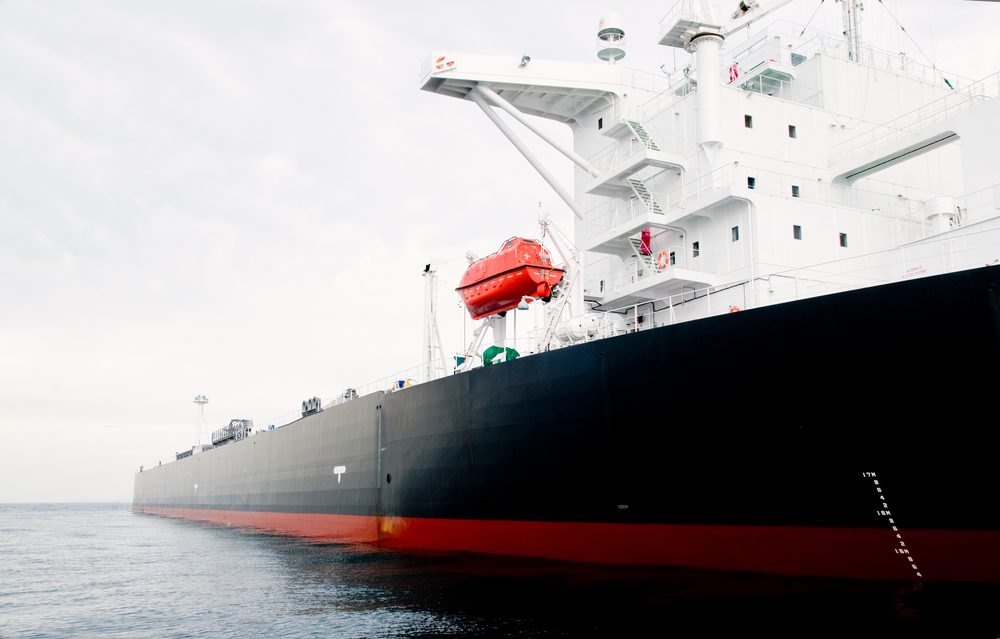Photo: By Thor Jorgen Udvang / Shutterstock
 By Marianna Parraga Oct 2 (Reuters) – Repairs to a dock at Venezuela’s main oil export port will take at least another month to complete following a tanker collision more than a month ago, further restraining the OPEC member nation’s crude exports, according to sources and shipping data.
By Marianna Parraga Oct 2 (Reuters) – Repairs to a dock at Venezuela’s main oil export port will take at least another month to complete following a tanker collision more than a month ago, further restraining the OPEC member nation’s crude exports, according to sources and shipping data.
A minor incident in late August forced state-run oil company PDVSA to shut the Jose port’s South dock, one of three used to ship heavy and upgraded oil to customers including Russia’s Rosneft and U.S.-based Chevron Corp, and to receive diluents needed for the exports.
Jose port typically handles about 70 percent of Venezuela’s total crude exports, which in September declined 14 percent compared with the previous month to 1.105 million barrels per day (bpd), according to Refinitiv Eikon data.
Oil exports are the financial backbone of Venezuela’s economy, which is struggling to overcome hyperinflation, a long-standing recession and scarcity of basic goods.
PDVSA had estimated the berth would reopen by the end of September, but needed parts have not been obtained as PDVSA continues facing problems to pay foreign providers due to financial sanctions imposed by the United States, sources close to its operations said.
PDVSA’s crews completed the removal of the damaged fences last week, but replacements have not arrived in the country.
“The fences were bought, but funds to pay the provider were retained due to the U.S. sanctions. A new deal to buy them through a third party will take at least another month,” one of the people familiar with the matter said.
PDVSA was not immediately available for comment.
U.S. President Donald Trump’s administration last year imposed financial sanctions on Venezuela and PDVSA, affecting their ability to make transfers in dollars and complete payments through the U.S. banking system.
PDVSA has neither resumed shipments from most of its Caribbean terminals, which remain frozen after U.S. producer ConocoPhillips’ legal actions earlier this year to satisfy a $2 billion arbitration award, according to the data.
Conoco and PDVSA in August struck a payment agreement, but the Venezuelan oil firm has yet to complete a $500 million installment due by the end of November to unlock its Caribbean operations.
Venezuela’s crude output fell again in August to 1.448 million bpd according to official figures, putting its annual average at 1.544 million bpd, the lowest in over six decades.
Economic measures recently announced by President Nicolas Maduro’s government, including a steep salary increase, have fallen short for Venezuela to regain access to sufficient foreign credit and reverse the downturn. (Reporting by Marianna Parraga Editing by Marguerita Choy)
(c) Copyright Thomson Reuters 2018.

 Join The Club
Join The Club











